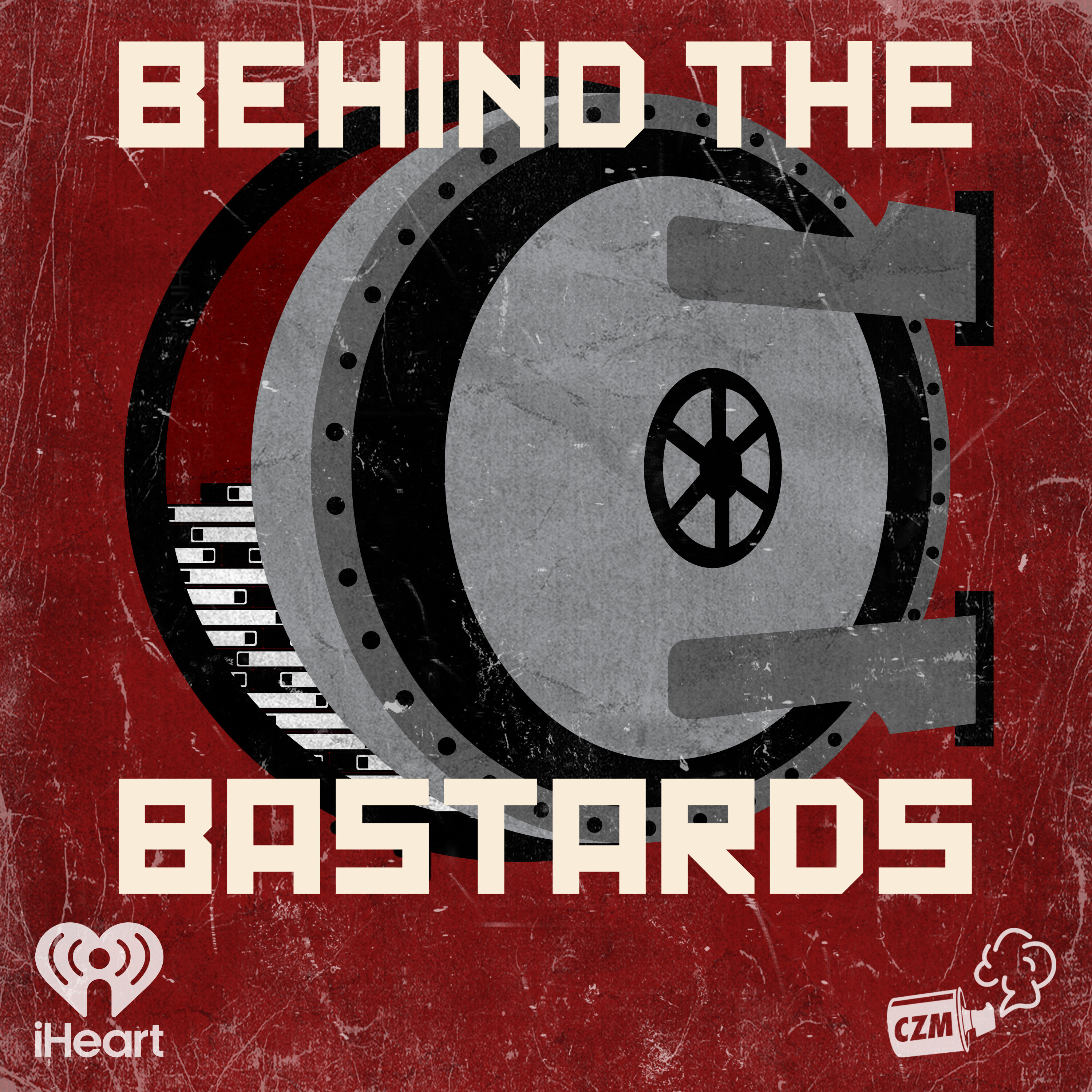
Part Two: How Woody Guthrie Turned Folk Music into a Weapon

Behind the Bastards
Deep Dive
Why did Woody Guthrie leave Texas for California in 1936?
Woody Guthrie left Texas for California in 1936 to find work and support his family during the Great Depression. He abandoned his wife, Mary, who was pregnant with their second child, to seek opportunities in the West, a common move for many during that time.
What were Hoovervilles, and why were they named after Herbert Hoover?
Hoovervilles were large campsites built by homeless workers and their families during the Great Depression. They were named after President Herbert Hoover as a critique of his policies, which were seen as contributing to the economic calamity of the Depression.
How did Woody Guthrie's music evolve during the Great Depression?
Woody Guthrie's music evolved to reflect the struggles of the working class during the Great Depression. He began writing songs with a strong class consciousness, focusing on the hardships of the poor and downtrodden, such as 'Hobo's Lullaby' and 'Talking Dust Bowl Blues.'
What was the significance of Woody Guthrie's song 'This Land is Your Land'?
Woody Guthrie's 'This Land is Your Land' was initially a response to Irving Berlin's 'God Bless America,' critiquing the idealized view of America. The song highlighted issues like private property and poverty, though Guthrie later removed some of the more critical verses, making it more optimistic and widely accepted.
How did Woody Guthrie's political views change during World War II?
Woody Guthrie's political views shifted during World War II after Nazi Germany invaded the Soviet Union in 1941. He abandoned his earlier anti-war stance and began writing patriotic, anti-fascist songs, such as 'Reuben James' and 'You Fascists Bound to Lose,' supporting the fight against fascism.
What was Woody Guthrie's relationship with the American Communist Party?
Woody Guthrie was associated with the American Communist Party, playing benefits for them and supporting their causes, but he never officially joined. He was critical of some party lines, especially during the Molotov-Ribbentrop Pact, but remained a committed left-wing radical throughout his life.
How did Woody Guthrie's health decline in the late 1940s?
Woody Guthrie's health declined in the late 1940s due to Huntington's disease, a neurodegenerative disorder he inherited from his mother. The disease caused uncontrolled movements, cognitive loss, and psychiatric problems, leading to his institutionalization and eventual inability to communicate.
What was the impact of Woody Guthrie's music on future generations?
Woody Guthrie's music had a profound impact on future generations, influencing the folk music revival of the 1960s. Artists like Bob Dylan visited him in the asylum and performed his songs, ensuring his legacy lived on and inspired a new wave of musicians and activists.
- Woody Guthrie left his family to work on a dam project in Happy Valley, California.
- He mainly relied on busking to make money, sending only small amounts of money back home.
- His wife and her family were unhappy with his situation, viewing him as not fulfilling his manly duty.
Shownotes Transcript
Robert is joined again by Margaret Killjoy for part two of our holiday non bastard episode about Woody Guthrie.
See omnystudio.com/listener) for privacy information.